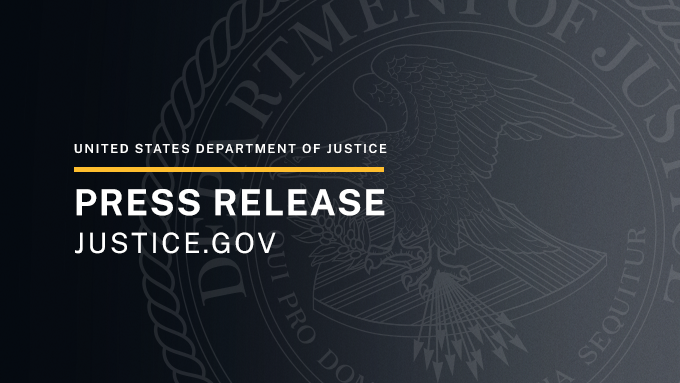In a major legal settlement, Kimberly-Clark Corporation, the U.S.-based consumer goods and personal care giant, has agreed to pay up to $40.4 million to resolve criminal charges tied to the sale of adulterated MicroCool surgical gowns.
The case highlights serious concerns about corporate responsibility and the safety of medical products sold in the United States.
Justice Department Condemns Corporate Misconduct
“Kimberly-Clark betrayed the trust placed in it by consumers and healthcare providers when it chose to defraud the FDA and bring adulterated surgical gowns to market for its own financial gain,” said Acting Assistant Attorney General Matthew R. Galeotti of the Justice Department’s Criminal Division.
Officials stressed that the $40 million resolution sends a clear message: companies that endanger patients and medical professionals will face serious criminal penalties.
Assistant Attorney General Brett A. Shumate of the Civil Division added, “Companies that sell medical products cannot misrepresent the safety and quality of those products.
The Department of Justice will continue to vigorously enforce laws that protect patients and medical professionals.”
The Criminal Charge Against Kimberly-Clark
A criminal information filed in U.S. District Court in the Northern District of Texas charges Kimberly-Clark with introducing adulterated surgical gowns into interstate commerce with intent to defraud and mislead.
Court documents reveal that a company employee conducted fraudulent testing on MicroCool gowns to avoid submitting a premarket notification to the U.S. Food and Drug Administration (FDA) after a product change.
Premarket notifications are designed to ensure that new or modified medical devices are as safe and effective as existing products.
By bypassing this process, Kimberly-Clark sold gowns labeled as providing the highest protection against fluids and viruses, despite the gowns not meeting the required standards.
Details of the Deferred Prosecution Agreement
Under the deferred prosecution agreement, Kimberly-Clark will pay up to $40,400,000, including a $24.5 million monetary penalty, $3.9 million in forfeited profits, and up to $12 million in victim compensation.
This agreement resolves the criminal investigation into the company’s sale of adulterated MicroCool surgical gowns under the Federal Food, Drug, and Cosmetic Act (FDCA).
The settlement also requires Kimberly-Clark to cooperate with the Justice Department, report any potential violations of section 510(k) of the FDCA, and strengthen its compliance program.
The company must provide regular reports detailing enhancements to internal controls, policies, and procedures designed to prevent future violations.
FDA Standards and the AAMI Level 4 Certification
Surgical gowns sold in the U.S. must meet FDA regulations and comply with the ANSI/AAMI PB70 standard, which classifies gowns according to their protective levels.
Level 4 gowns offer the highest protection, intended for surgeries and high-risk procedures involving infectious patients.
Compliance requires gowns to resist blood-borne pathogens across critical zones, including the sleeves.
Kimberly-Clark admitted that to avoid filing a new 510(k) notification, an employee directed the preparation of test samples that did not meet AAMI Level 4 standards.
Despite this, the company sold millions of adulterated MicroCool gowns labeled as Level 4 between late 2013 and late 2014, totaling approximately $49 million in sales in the U.S. and abroad.
Cooperation and Remediation Efforts
The Justice Department noted that Kimberly-Clark fully cooperated with the investigation, conducting internal audits, providing extensive documentation, and responding promptly to government requests.
The settlement also took into account that the company ceased manufacturing surgical gowns after spinning off its healthcare division in 2014 as Halyard Health, which later became Avanos Medical.
Importantly, no evidence was found that patients were physically harmed due to the misbranded gowns.
Oversight and Enforcement
The investigation was led by the FDA’s Office of Criminal Investigations.
The case was prosecuted by trial attorneys from the Civil Division’s Consumer Protection Branch and the Criminal Division’s Health Care Fraud Unit.
The Criminal Division’s Fraud Section continues to focus on health care fraud cases, emphasizing the importance of maintaining patient safety and trust in medical products.
More information about the Justice Department’s health care fraud enforcement efforts can be found at https://www.justice.gov/criminal/criminal-fraud/health-care-fraud-unit.



